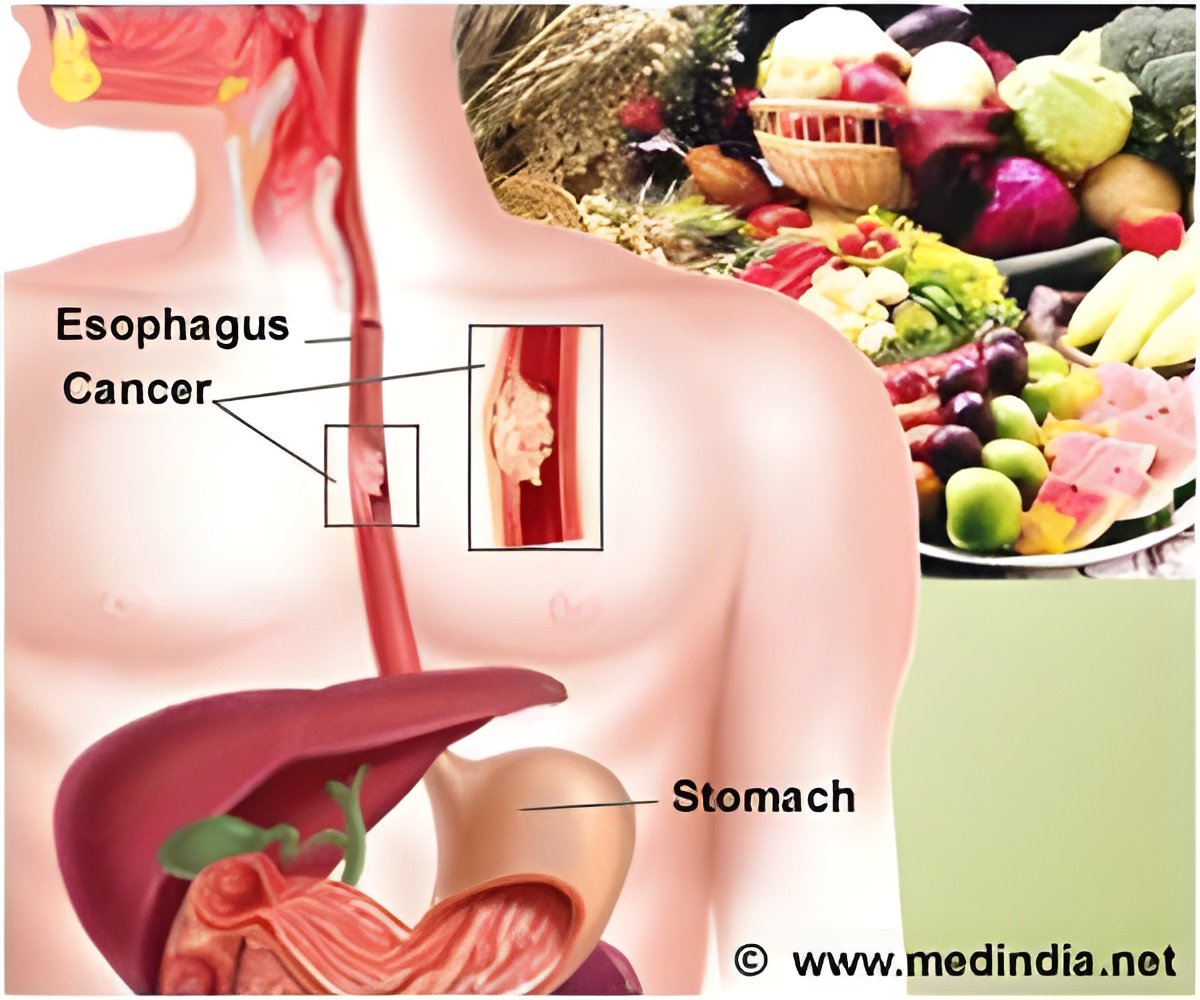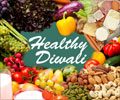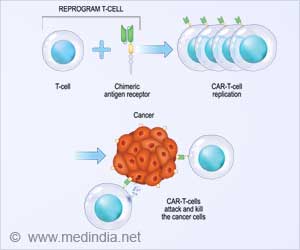A recent study suggests that the risk of esophageal squamous cell cancer is reduced by the intake of nutrients in plant-based food.

The study conducted in the high-risk region of Iran for esophageal squamous cell carcinoma, assessed the dietary intake of around 47 patients who were diagnosed with this cancer within six months and 96 in the control group, using a semi quantitative food frequency questionnaire. The participants were adults with normal BMI and hence the results are independent of risk due to adiposity.
The other factors that were considered in the study included the socio-demographic details, smoking history, eating habits, symptoms of gastroesophageal reflux disease and family history of cancer.
Experts, after analyzing the dietary intake of the participants, concluded that the risk of Esophageal cancer reduces with increased intake of nutrients, like carbohydrates, dietary fibers, folate, vitamin A, £]-carotene, vitamin C, which are abundant in plants based food.
While, the risk increases with higher consumptions of saturated fatty acids, discretionary calories, sodium and fat. Discretionary calories are the extra calories consumed in addition to basic nutritional needs. These are mainly derived from solid fat and added sugar, found in food like cheese, meat, soda, etc.
The researchers observed that the participants with higher carbohydrate and dietary fiber intake had 78% and 71% reduced risk of esophageal squamous cell cancer, respectively. Folate, selenium and vitamin E were found to be most protective micronutrients against damages to esophagus, with folate and vitamin E associated with 98% reduction in risk of this cancer.
Though the association of nutrient intake and Esophageal cancer risk had been clearly analyzed, the experts suggest that further studies which evaluate the dietary intake before cancer diagnosis are needed to clarify whether changes in dietary practices and/or vitamin and mineral supplementation can reduce the incidence of this cancer.
Source-Medindia














